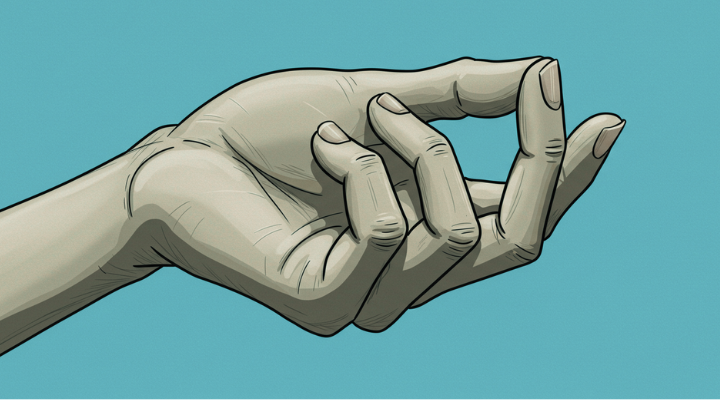
Persistent Cough or Hoarseness
A cough that doesn’t go away or a voice that’s become hoarse without any apparent reason can be more than just a lingering cold. These symptoms can be associated with lung cancer, thyroid cancer, or cancers of the throat and larynx. If a cough or hoarseness lasts more than a few weeks, it’s worth getting checked out.
Sores That Don’t Heal
Sores that take a long time to heal or don’t heal at all could be a sign of skin cancer or oral cancer. Non-healing sores, especially in the mouth, could indicate oral cancer, particularly in individuals who smoke or chew tobacco. Any sore that lingers should be evaluated by a healthcare provider.
Digestive and Urinary Symptoms
Changes in Bowel Habits
Sudden changes in bowel habits, such as diarrhea, constipation, or changes in the size and shape of stool, can be an early sign of colorectal cancer. Blood in the stool or black, tarry stools can also indicate gastrointestinal cancer. If you notice any persistent changes in your bowel movements, it’s essential to consult your doctor.
Difficulty Swallowing
Difficulty swallowing, or dysphagia, can be associated with cancers of the esophagus, throat, or stomach. This symptom may start mildly, with only certain foods causing trouble, but it can worsen over time. If you’re having difficulty swallowing, it’s important to have it checked by a healthcare professional.
Blood in Stool or Urine
Seeing blood where it shouldn’t be is always alarming. Blood in the stool can indicate colorectal cancer, while blood in the urine may suggest bladder or kidney cancer. Even if the amount of blood is small, it’s crucial to get it evaluated by a doctor as soon as possible.
Reproductive System Symptoms
Unusual Bleeding or Discharge
For women, abnormal vaginal bleeding or discharge could be an early sign of cervical or endometrial cancer. Postmenopausal bleeding is particularly concerning. For men, unusual discharge from the penis could be a sign of prostate or penile cancer. Any unusual bleeding or discharge should prompt a visit to the doctor.






